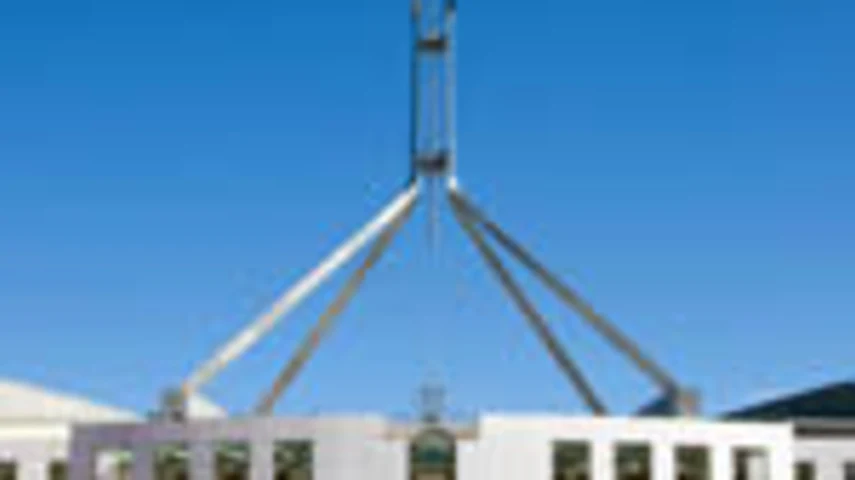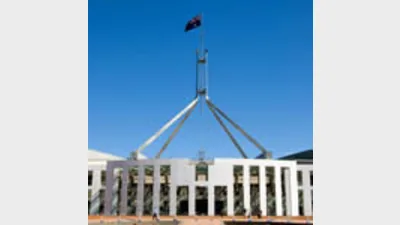Tax Summit: a brave step forward for insurance and superannuation?



 David Glen proposes a number of points that the life insurance industry can address during the upcoming Tax Summit — including tax incentives for life policies outside of superannuation and ways to approach longevity issues.
David Glen proposes a number of points that the life insurance industry can address during the upcoming Tax Summit — including tax incentives for life policies outside of superannuation and ways to approach longevity issues.
The details of the forthcoming Tax Summit are gradually emerging, and the essential question for the life insurance industry is whether or not we will be ignored again.
The Henry Review, the so-called root and branch review of the taxation system, largely ignored our industry. This was expected, as the special needs of the life insurance industry have been consistently ignored in the noise and conflict surrounding tax reform.
Even worse than being ignored is our potential to be a victim of collateral damage in a conflict over issues which are not related to our industry. As an industry, we need to avoid this unsatisfactory guilt by association.
What should the life insurance industry be bringing to the attention of the illustrious minds at the Tax Summit?
We need acknowledgement and acceptance of the fundamental fact that there is an enormous underinsurance gap in Australia, and steps should be taken to encourage the closing of this gap. The tax system should play a role in closing this.
This means the introduction of taxation measures which encourage life insurance. Australians carry high levels of debt, and many do not have the ability to maintain even a modest lifestyle in the event of death or disability.
To date, we have probably had insufficient acknowledgement by the policy makers of the existence of the underinsurance gap, and the need for measures which would encourage its closing. We need legislative intervention in four key areas outlined below.
Tax incentives for life insurance outside superannuation
We should be encouraging Australians to take out life insurance protection. In its present form, the Australian taxation system does not contain any incentives for taxpayers to take life insurance outside superannuation.
The cost of life insurance premiums outside superannuation should be deductible to individual taxpayers. The deduction should be capped to ensure that cover is kept at a level sufficient to maintain a reasonable lifestyle in the event of claim.
The existing taxation system offers incentives to taxpayers to have insurance via superannuation. This is a positive step, as most Australians have life insurance through superannuation as their only source of insurance cover. Some purists may argue that superannuation is for retirement savings, and not for protection from death or disability.
The reality is that the present system of life insurance via superannuation should be maintained with the existing tax incentives in place. This will ensure continued protection for those Australians with life insurance cover through superannuation.
Consistent treatment of life insurance inside and outside superannuation
We should be encouraging consistent treatment of life insurance inside and outside superannuation. This can be achieved by offering tax deductibility for life insurance premiums outside superannuation as discussed above.
This consistency should also flow through to the treatment of claim proceeds. The tax-free status of the claim proceeds outside superannuation for tax dependants, such as surviving spouses and economically dependent children, should continue.
However, we have to accept that the proceeds of life insurance claims paid outside superannuation to non-dependants should be assessable on a basis consistent with the taxation of these benefits within superannuation.
This consistency would eliminate the tax-driven choices of insurance inside or outside superannuation. The tax outcomes should be the same under both choices.
Abolition of stamp duties on life insurance products
The third issue for the life insurance industry is the elimination of stamp duties payable on life insurance products. Life insurance stamp duty was considered by the Henry tax review, but disappointingly, the Government responded that this is a state tax issue and out of its hands.
The reality is that this issue can only be resolved at federal level. The states will need substitute sources of revenue if life insurance stamp duties are abolished.
Few consumers of life insurance products realise that the state governments take the biggest clip of the ticket in the life insurance supply chain.
For example, trauma insurance in South Australia carries an 11 per cent impost on the premiums paid without the State Government taking any economic risk. Few product providers have margins of this magnitude. Ultimately, it is the consumer who carries this cost via higher premium charges.
At the very least, we should have consistency of duties across the states and not vary levels in each state.
Longevity issues
Longevity will emerge as one of the major challenges of the future. We are likely to outlive our retirement savings. We are faced with the prospect of a large cohort of indigent octogenarians and nonagenarians who will place a heavy burden on the social security system.
The life insurance and broader financial services industries are ideally positioned to offer investment options and risk insurance products which can provide funds to the elderly investor for use when other retirement savings have been depleted.
The tax and regulatory systems need to support the introduction of products of this type. Ultimately, the marketplace will be the judge of the merits or otherwise of these products. However, there needs to be a friendly tax and regulatory system.
At present, the tax system does not allow the tax-free treatment of investment returns while a product of this type is in accumulation phase. The system also permits those over 60 years of age to have unlimited withdrawals of savings from the superannuation system.
Capital maintenance and other regulatory rules applicable to product providers need to be examined carefully to ensure the correct balance between the protection of the consumer on the one hand and the viability of the product on the other hand.
The great unanswered question is whether or not the Australian consumer would be prepared to undergo the short-term pain and inconvenience of using today’s economic resources for the long-term security of having a source of income in their twilight years. It is likely that considerable education is required to get the average Australian to engage in the requisite long-term thinking and planning.
A question mark hangs over this Tax Summit. Will it be another talkfest with the Government going through the motions? The cynic may take the position that this is some fluff imposed on the Government by a crucial independent member of the House for ongoing support.
History may well judge this summit in that light, but it does represent an opportunity for the life insurance industry to educate and enlighten everyone on the benefits it can offer to all Australians. Our industry needs to rise to this challenge via active participation and engagement.
David Glen is the taxation counsel at TAL.
Recommended for you
In this episode of Relative Return Insider, host Keith Ford and AMP chief economist Shane Oliver discuss the latest shock consumer price index numbers, which rose to 3.8 per cent in October, as well as the shifting US market and calls for super funds to invest in infrastructure projects.
In this episode of Relative Return Insider, host Keith Ford and AMP chief economist Shane Oliver discuss the Reserve Bank of Australia’s cautious stance in response to persistent inflation, subdued growth prospects, and political shifts affecting the nation’s journey towards net zero emissions.
In this episode of Relative Return, host Laura Dew speaks with Rachel White, head of financial adviser services at Vanguard about how advisers can help Australians to feel confident in retirement.
In this episode of Relative Return Insider, host Keith Ford and AMP deputy chief economist Diana Mousina take a look at the Reserve Bank’s unanimous decision to leave rates on hold on Melbourne Cup Day and whether future cuts are still on the cards.








